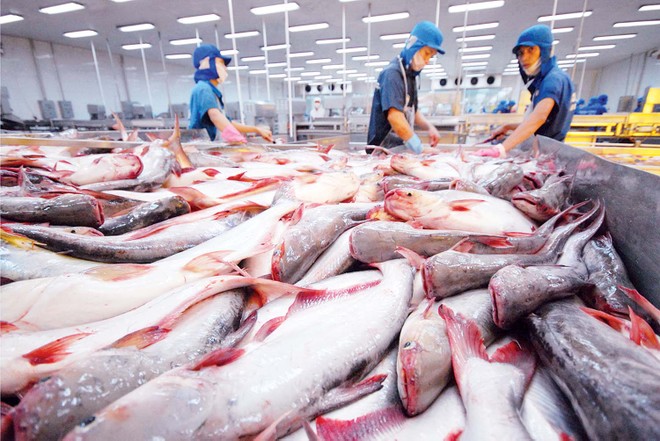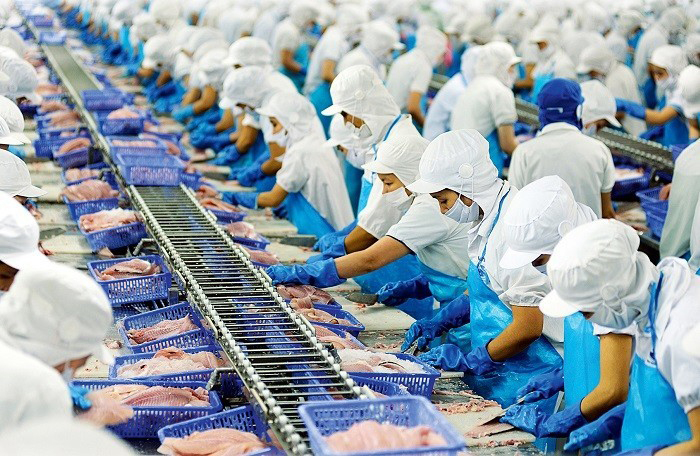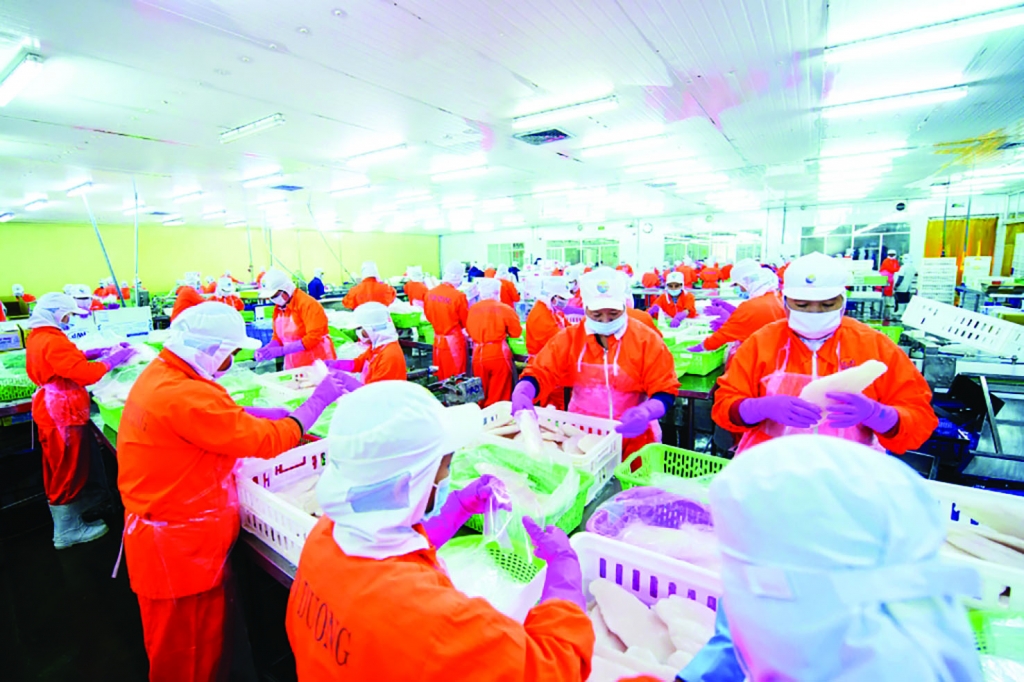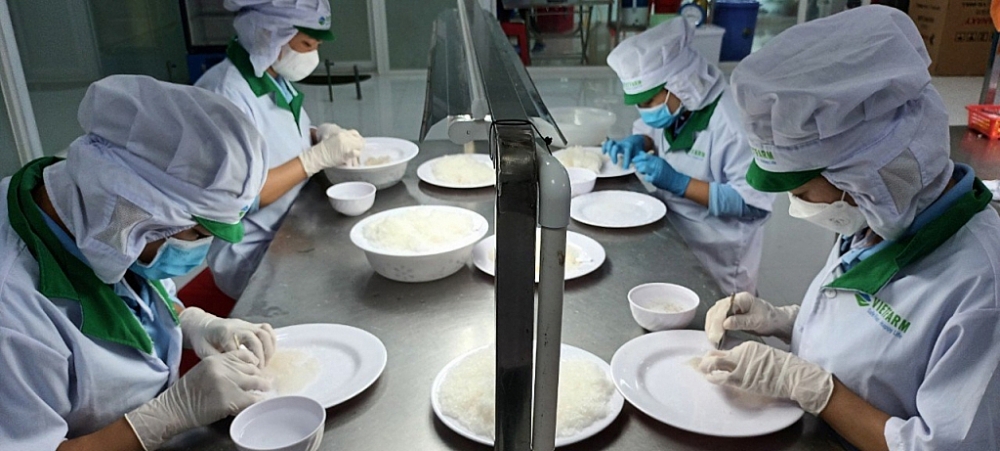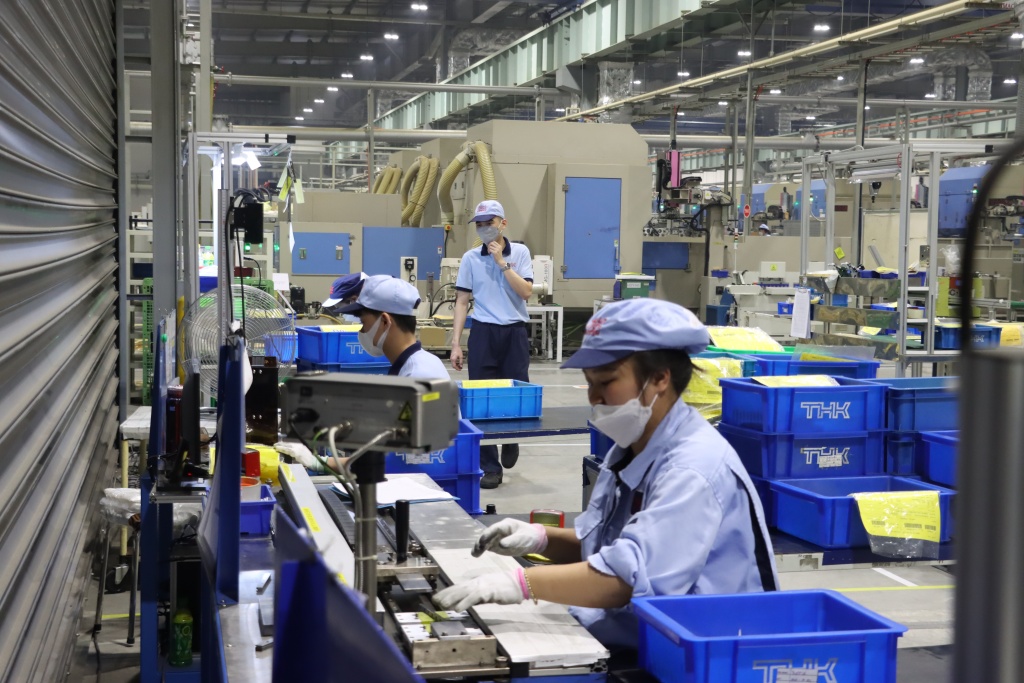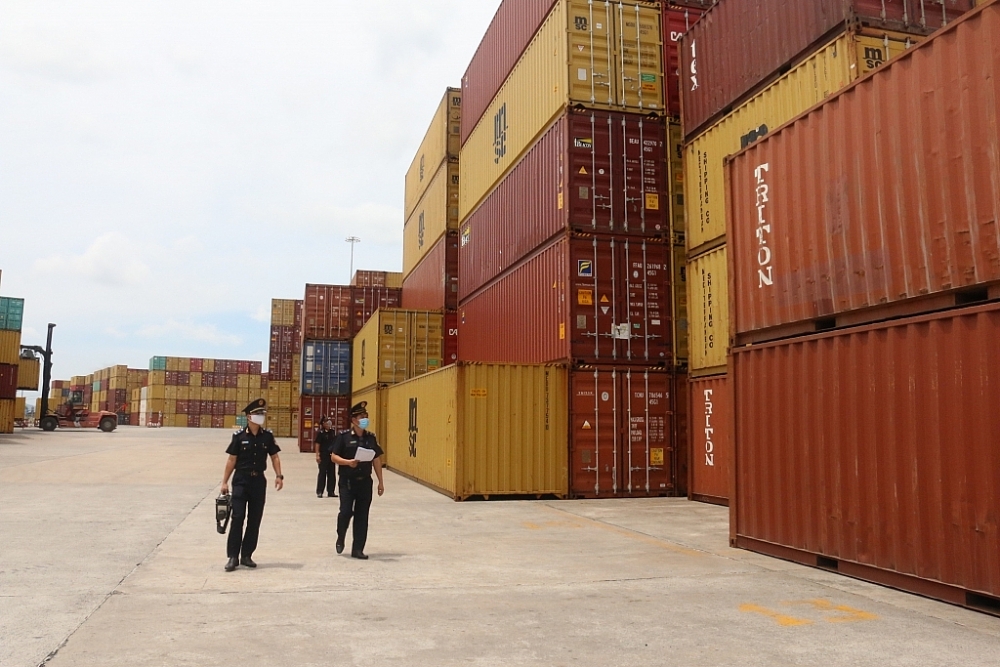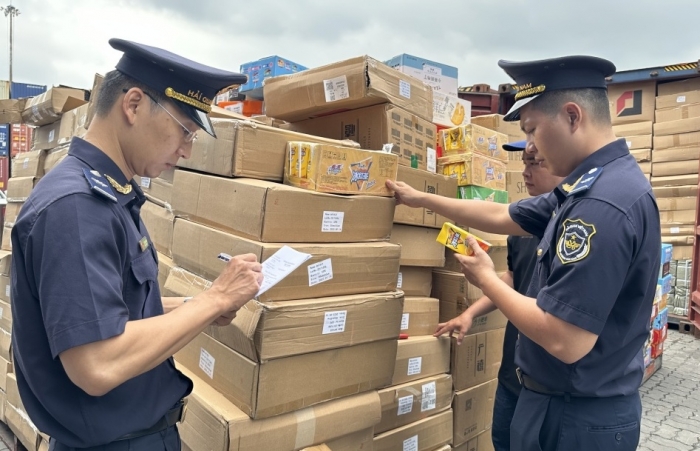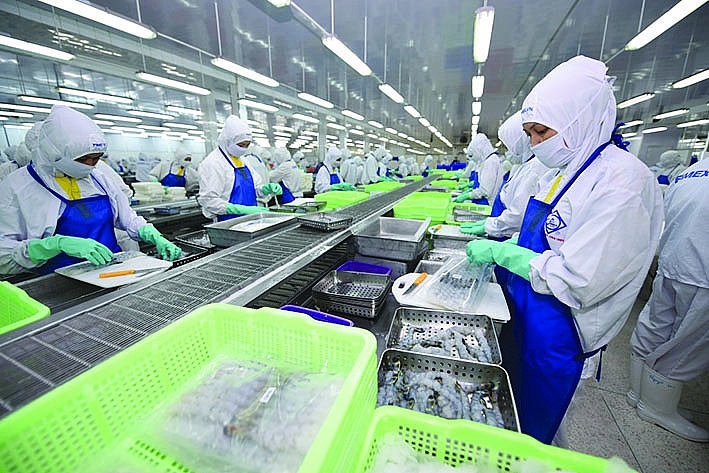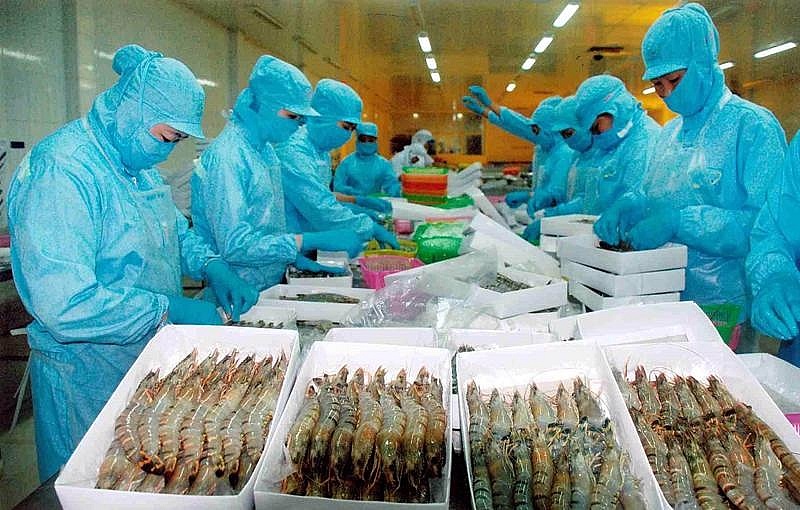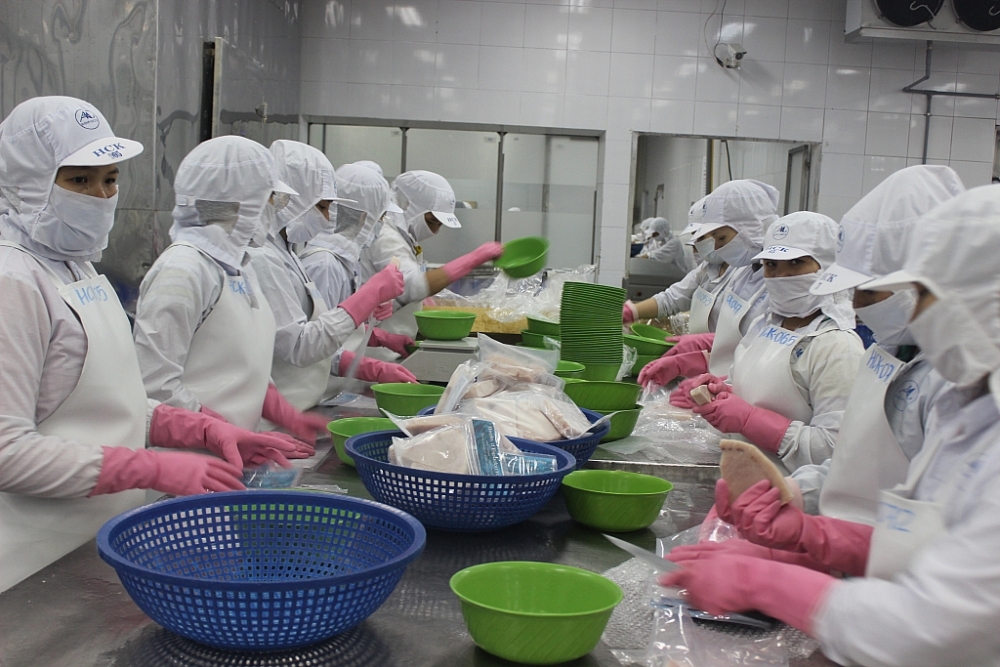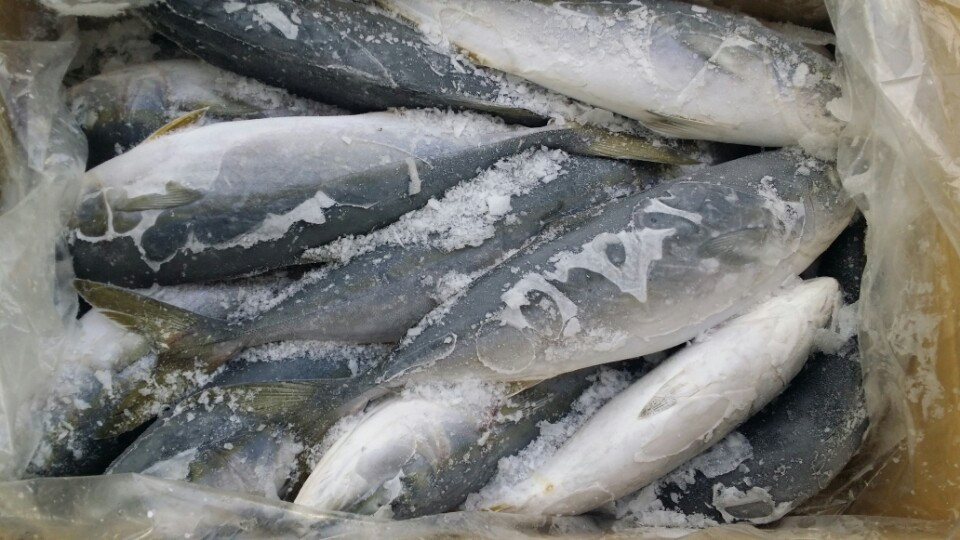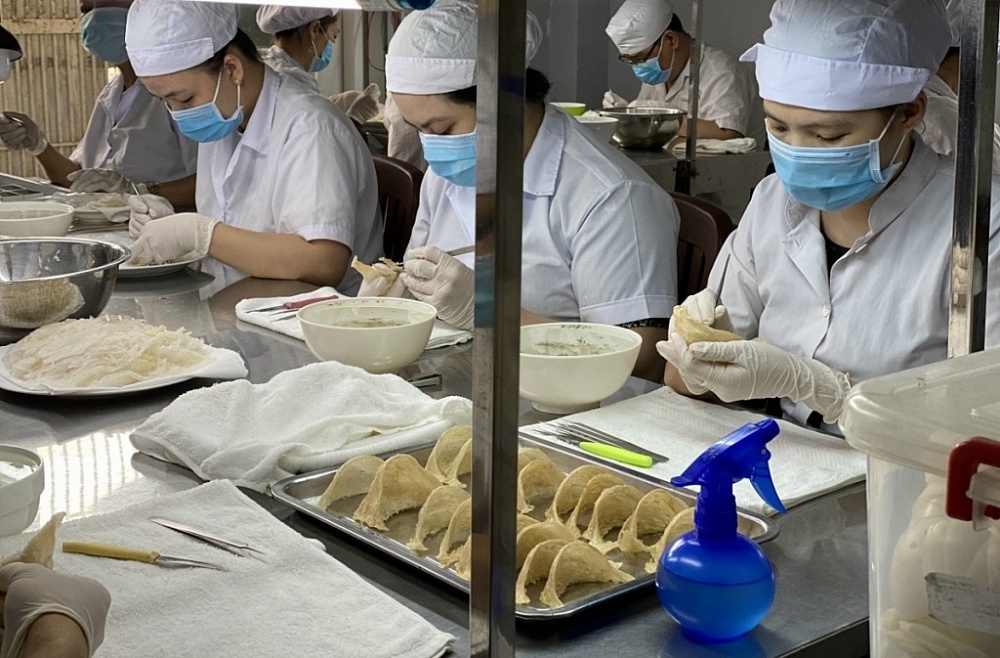Within the framework of the meeting of the Department of Animal Health with businesses registered to export milk to China on implementing the Protocol on the export of milk from Vietnam to China, NNVN Newspaper discussed with Mr. Pham Van Dong. , Director of the Department of Animal Health on this issue.
According to Mr. Pham Van Dong, over the past 6 years, the agricultural sector has well controlled epidemics in livestock and poultry by shifting from passive to proactive, not chasing epidemics. The fact that African swine fever (ASF) has appeared and spread rapidly in Vietnam has an important reason: up to now there is still no vaccine to prevent the epidemic, no medicine to treat it...
Thanks to good disease control work in recent years, our country's livestock production has developed strongly. By 2018, total meat output reached 5.4 million tons, nearly 1 million liters of milk, and nearly 12 billion poultry eggs.
With good growth in output, in order to consume all products and improve livestock efficiency, in addition to developing the domestic market, the agricultural sector is focusing on promoting the export of livestock products to the country. outside. In the context of the pig industry facing ASF, the hope for exports of the livestock industry in the near future will be poultry and milk. Therefore, the signing of the Protocol to export milk from Vietnam to China (referred to as the Protocol) is a very important event for the Vietnamese livestock industry.
Sir, what does signing the Protocol to export milk from Vietnam to China mean for the Vietnamese dairy industry?
Signing this Protocol is very important for Vietnam's dairy industry, because China is a very large market for milk consumption and milk imports. In 2018, China imported about 10 billion USD of milk and milk products. According to FAO forecasts, the country's milk import demand will continue to increase sharply and imported milk could account for up to 45% of China's total milk demand by 2025.
Meanwhile, Vietnam has a lot of potential to export milk to China. First of all, Vietnam has favorable conditions to develop dairy farming, Vietnam's milk processing industry is developing strongly with increasing output and good quality... Vietnam is located next to China. so it is very convenient to bring milk and milk products to this country.
Seizing opportunities in the Chinese market, in recent times, a number of Vietnamese dairy enterprises have proactively gone to China to explore the market, signing principle contracts with import partners in the country. This is so that when all procedures are completed, we will be ready to immediately export milk to China.
From signing the Protocol to bringing the first shipments of milk to China via official channels, it took a lot of time and effort from both state management agencies and businesses. What role will businesses play in the successful implementation of this Protocol?
I think that dairy businesses play a very important role in implementing the Protocol for exporting milk from Vietnam to China. Because businesses have direct access to importers, they have a firm grasp of the Chinese market's demands and requirements in terms of regulations, packaging specifications, labels, packaging...
Therefore, I recommend businesses exporting milk to China to study the Protocol carefully. At the same time, consult Chinese partners who have imported milk from countries that also have agreements to export milk to China such as Russia, Israel, Australia, New Zealand..., see the management, supervision and implementation capabilities of How can they export milk to China, and inform the Department of Animal Health.
Regarding disease and residue monitoring as required by the Protocol, the Department of Animal Health will direct functional departments to review and estimate costs to report to the Ministry of Agriculture and Rural Development for budget allocation. However, if there are difficulties in arranging funding for these tasks, the cooperation of businesses is needed. As in the shrimp industry, businesses are currently proactively taking samples and sending them to testing agencies and bear all costs for sampling.
In addition to the national disease surveillance and residue monitoring program, dairy businesses also need to be proactive in checking indicators in raw milk. In other countries, people attach great importance to the proactive control of milk quality by the enterprise itself.
Source:www.nongnghiep.vn

